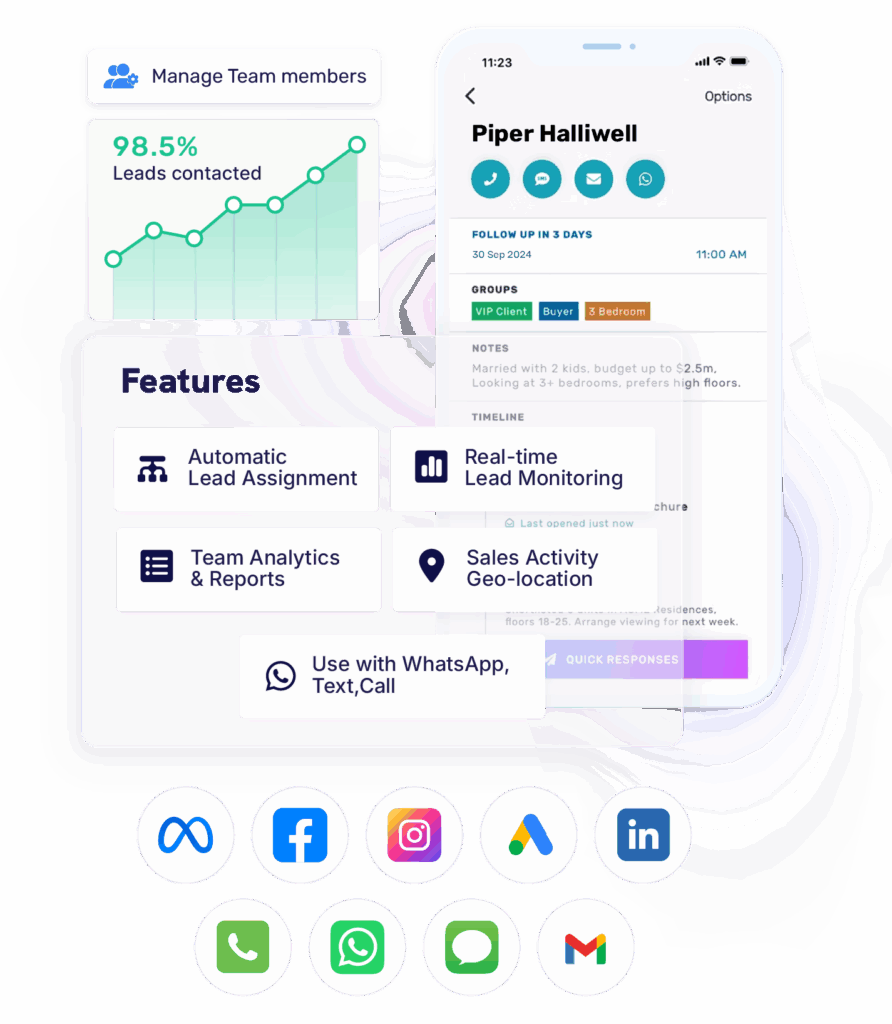Selecting the best freight management software is crucial for any business’s performance in the dynamic world of supply chain and logistics management, especially for those operating in sectors that demand effective shipment monitoring and transportation. Before choosing shipping software that may offer an integrated, seamless interface and improved workflow efficiency, a number of aspects, ranging from IT to operations and sales management, must be taken into account. Let’s examine how the top software can satisfy the most crucial logistics and freight forwarding needs.
Interfaces That Are Easy to Use: The Secret to Smooth Adoption
A major and crucial factors to consider when selecting software for freight managementis its simplicity for users. Systems that are complex often lead to an extensive learning curve which can hinder productivity. Simple systems require less education and easily integrate into workflows already in place and make it easy for employees at all levels.

A trial or demo version of the software can provide you with more insight into the operation of the software as well as the degree of ease of use it provides. When you make sure that the program is simple to use and user-friendly, you can minimize interruptions in the process of implementation and enhance the level of satisfaction among staff members which results in faster productivity.
Centralized, End-to-End Management
Centralized systems are an important factor for companies. The end-to-end shipping management software integrates all key modules of Sales, CRM Operations, Finance, and more and ensures that they are connected. When data entry only happens once and is accessible in multiple ways it decreases the amount of redundant work, increases accuracy, and also saves time.
A comprehensive central system facilitates the implementation process and cuts down on manual labor which is essential for businesses who want to streamline their operations and improve efficiency.
Product Customization and Adaptability
In the ever-changing industry of logistics logistics systems that manage freight require to be flexible and adaptable. In the event of fluctuating demand from the market or changing needs of clients the software must be able to adapt effortlessly without the need for complex adjustments.
To ensure that the software you choose is compatible with your current infrastructure, you must think about the possibility of customization. The software should permit flexible configurations that can be made on the go that do not require massive modifications, which will help your business remain flexible in the face of changes.
Modern Technology and Regular Updates
Technology is constantly evolving as is your software for managing your freight. It’s crucial to ensure the software is compatible with the latest technology that can be used with every device currently in use, such as tablets, smartphones and laptops.
Regular software updates are vital for fixing bugs, increasing compatibility with the system, and adding new features that keep pace with demands from the industry. A modern logistics software does more than just improve the efficiency of operations, but also prolongs the life the software system.
SaaS-Based Infrastructure and Data Security
Historically, in-premise systems were restricted to storage capacity and caused problems with performance due to the limited CPU cores. This has resulted in an increasing demand for SaaS-based infrastructures for logistics systems. SaaS-based solutions offer flexibility to infrastructure and help reduce the costs of administration related to on-premise storage of data.

In addition, security of data is a must in any software. Choose a solution that is ISO-certified to make sure they adhere to stringent protocols for data protection and security. This is crucial for businesses that handle sensitive customer data as well as financial records.
Robust Customer Support
No matter how easy software for freight forwarding can be it will always instances which require customer service. It is essential to be able to access real-time assistance from a trained human being instead of using automated systems for IVR.
The best customer support will be accessible 24/7 to resolve important issues, and ensure that the smooth running of your business without interruptions. The access to ticket management tools that track priorities, track, and solve issues is another important aspect to consider when selecting the right freight management software.
Simplified RFP Process
A Request for Proposals (Request to Proposal) process is often a hassle when it is not properly managed. A well-designed freight management system will enable users to quickly collect quotes from third-party vendors, assisting sales representatives create digital quotes for customers quickly and efficiently.
Furthermore to that, the software for managing freight will assist sales representatives in managing their day-to-day routines for customers’ visits, meeting schedules and pre-analysis, making sure that sales processes are efficient and efficient.
Mobile App for Sales Teams

A mobile sales app offers many benefits, particularly for sales teams who are always traveling. A few of the key features are:
Access to easy customer contact information and the history of shipments.
Effectively capture of the latest customer information.
The ability to set up meetings, make calls and even submit customer requests directly via the application.
The option to create SPOT quotes, improving the speed of response and satisfaction of customers.
Automated Notifications and Real-Time Tracking
Automated Notifications
Manually communicating important milestones as well as updates on the status of shipment are time-consuming. Automating these notifications helps internal stakeholders to cut down on time and concentrate on more important tasks, thereby increasing overall efficiency.
Real-Time Tracking and Visibility
Real-time tracking is an essential element of any software for managing freight. The software must allow users to monitor shipments from dispatch until delivery, giving businesses more transparency and allowing them to plan and manage their business more effectively.
Document Management System
A solid document management system streamlines the production and storage of shipping documents like HBL/HAWB copies manifests, and delivery orders. A simple document management function does not just save time, but also decreases the chance of human error.
Furthermore it is expected that this logistics system for freight forwardingshould allow fast uploads and downloads for crucial documents without restriction in terms of dimensions or formats, and always giving easy access to vital data.
Billing and Invoicing for Multi-Locations
The software for freight management must incorporate an engine for managing rates that can handle different kinds of shipments as well as allow multi-currency invoices. Furthermore, it must guarantee the compliance with specific financial regulations for each country while streamlining the process of invoicing and billing across multiple locations.

Customizable invoices, calculations for demurrage and multi-branch analysis of transactions are some other essential tools that aid finance teams organize transactions effectively.
Data Analytics for Decision-Making
Accessing information analytics is vital to making educated decisions. Modern software for managing freight must be equipped with an array of BI (Business Intelligence) tools such as dashboards, dashboards, and reporting capabilities. These tools allow managers to evaluate the overall performance, pinpoint areas of improvement and implement strategies to decrease costs and increase efficiency.
Dashboards offer comprehensive information about different shipping activities. Additionally, customizable reports are able to monitor metrics across sales, finance, and operations.
Summary
When choosing a logistics management system that addresses these crucial areas, businesses will benefit from greater efficiency, improved decisions-making capabilities and greater satisfaction with their customers. The best logistics management softwarewill not only simplify day-today processes but also help position your company for expansion and success in a highly competitive marketplace.




